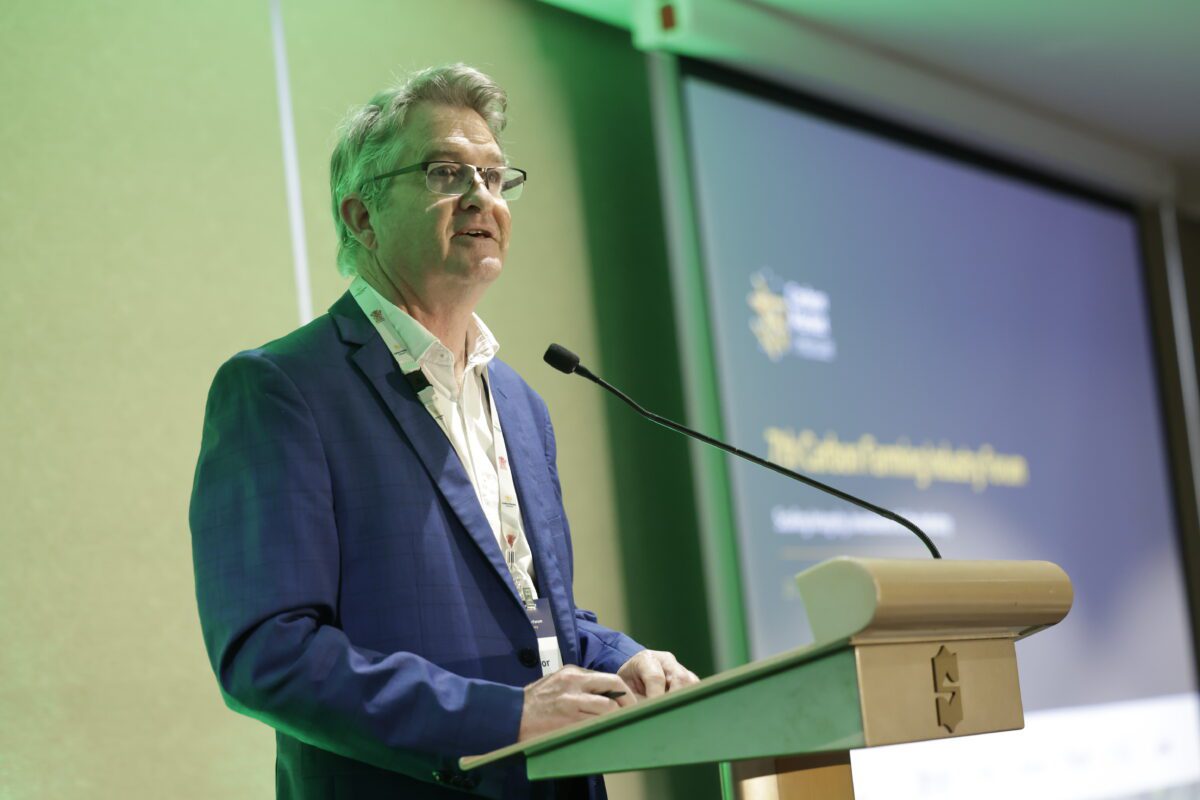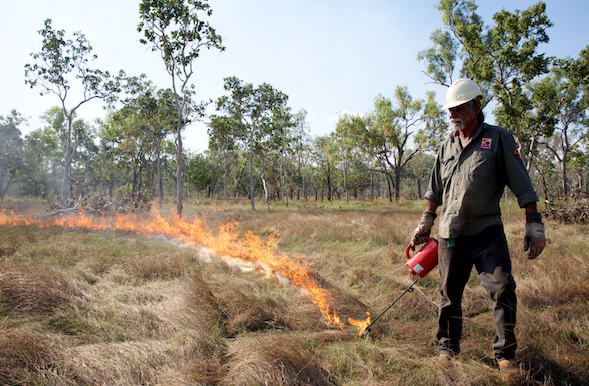As we share this September Update, COP28’s global stocktake is just under 2 months away, and Australia’s historic referendum to include a First Nations Voice to Parliament is just 2 weeks away. We kicked off September with the release of the results from our latest Australian Business Climate Policy Survey, which revealed strong support for a well-planned fossil fuel phase out and signs of early impact from Safeguard Mechanism reforms. However, despite support for ambitious longer term targets and strengthening resolve on medium-term targets, many respondents were still more conservative than what scientific recommendations suggest, particularly in respect to the 2035 target.
The long-awaited final Taskforce on Nature-Related Financial Disclosures framework (TNFD) was launched at New York Climate Week, and represents an additional imperative for businesses to analyse their supply chains and improve carbon and nature footprints. We are now at a point where the scheme-level frameworks are beginning to be implemented and, while we work to deepen and broaden those schemes, business will need to implement or upgrade credible transition plans and accelerate climate investments accordingly.
These were themes frequently explored at our 10th Australasian Emissions Reduction Summit, which brought together over 1000 industry participants as well as government and community representatives. The Summit concluded with a renewed sense of urgency for accelerating public and private investment, as well as embracing the opportunities in a fast, fair and sustainable transition. In the Summit opening I stressed that we should not conflate inadequate decarbonisation strategies with the work to improve carbon crediting regimes and markets. We should inflate our expectations of both.
In the week before the Summit, the UNFCCC released a key COP28 input with the report of the Technical Dialogue of the first global stocktake (GST) under the Paris Agreement. This highlighted that global efforts are off track and stronger actions are needed – including but not limited to the phasing out of unabated fossil fuels, halting and reversing deforestation and degradation and improving agricultural practices to conserving and enhance carbon sinks.
Carbon markets can play a key role in these objectives but need to be backed with initiatives to improve transparency and investor and community confidence. CMI joins others in working hard to best-implement reforms recommended by the Independent Chubb ACCU Review and is engaging in similar efforts in international markets. These need to be embraced, lest we risk squandering the up to $250 billion a year some analysts suggest might be available through voluntary carbon markets by 2030 and their sustained inclusion in compliance markets.
Finally, at the beginning of the month, the CMI Team and Board were proud to formally release a statement of support for the proposed First Nations Voice to Parliament. Over its short history, CMI has sought to create spaces where Indigenous voices are heard alongside non-Indigenous, spaces that foster the collaboration necessary to securing a safe climate. Over millennia, Australia’s Aboriginal and Torres Straight Islanders have successfully managed and cared for the unique landscapes across our vast continent, through their intrinsic relationship with, and stewardship of nature. Now is the time to recognise that knowledge and to walk alongside our Indigenous partners for climate, nature and history repair.

John Connor
CEO
Carbon Market Institute



